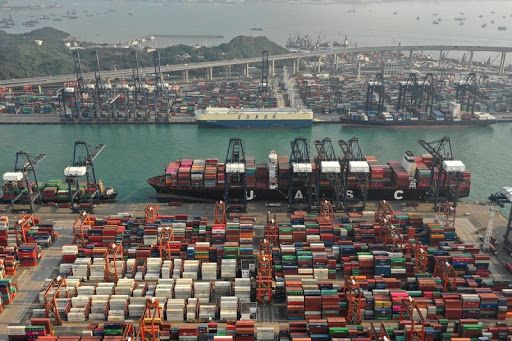India applies more than 250 anti-dumping quotas to various countries in the world, according to a report by the World Trade Organization (WTO).
India continues to actively resort to anti-dumping measures and is currently the largest user of anti-dumping measures in the WTO.
During the 2015-2019 period (December 2019), India initiated 233 investigations, a notable increase from the 2011-2014 period (June), when the number of initiations was 82.
Most of the investigations initiated during the period under review concern products from China, followed by those from the Republic of Korea and the European Union (28).
By the end of 2019, India had imposed 254 anti-dumping duties.
These measures mainly affected chemical products and their manufactures (40.6% of all measures).
The average duration of the anti-dumping measures in force in December 2019 was five years and 9 months; however, there are 58 measures – applied mainly to imports from China (45%) – that have been in force for more than 10 years.
Anti-dumping fees
In the period 2015-2020 (January), India initiated 20 countervailing investigations and 11 measures were in force.
As in the case of anti-dumping duties, most of the measures affected imports from China.
India makes active use of safeguard measures; As of June 2019, it had initiated 46 investigations (12% of all safeguards investigations initiated by WTO Members).
There is currently a safeguard measure in place. 19. In order to support domestic production and exports, India continues to offer a number of incentives in the form of direct subsidies and price support programs, tariff concessions or exemptions, or preferential interest rates.
Also, up to 40% of all bank loans should be allocated to «priority sectors», including agriculture, small and medium-sized enterprises (SMEs), education, housing, social infrastructure, renewable energy and exports.
Preferences on public procurement are also granted to national companies.
![]()

